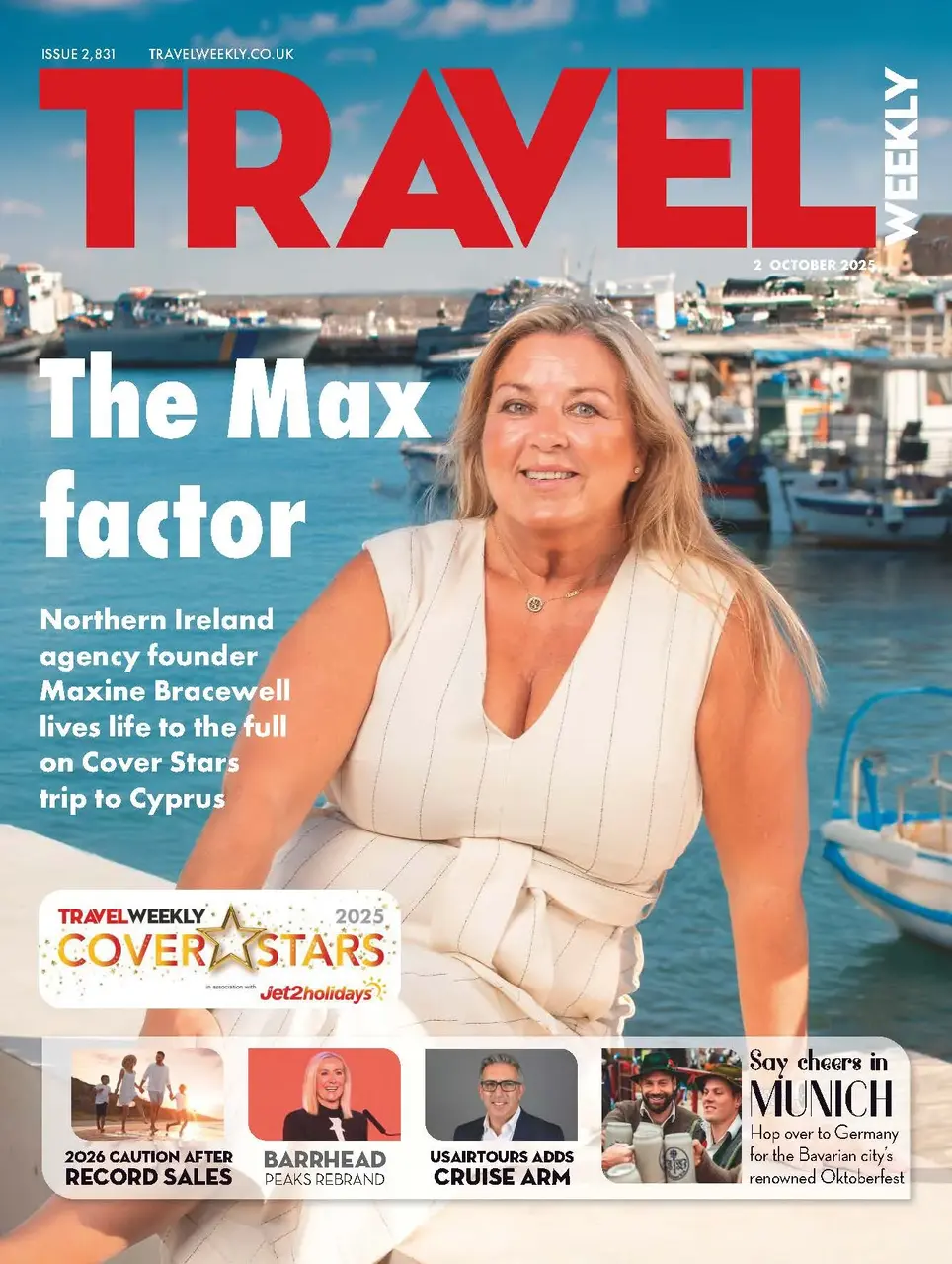You are viewing 2 of your 2 free articles
Comment: Aldi’s travel entry is a wake-up call for the industry
The announcement last week that Aldi Australia had entered the travel market marks a pivotal moment for the industry. But before we dive into what this means for the future, let's take a moment to acknowledge an important fact: travel agents remain invaluable.
No amount of online convenience can replace the personal touch, expertise, and insight that a professional travel agent offers. Many consumers still prefer the human connection, especially when booking complex or long-haul trips.
However, while travel agents continue to be the most informed and professional resource for travellers, we cannot ignore the larger shift in how travel is being sold. The fact that supermarkets like Aldi and Costco are now selling holidays is a clear signal that consumer behaviour is changing – and fast.
This shift is not about replacing travel agents but about embracing digital transformation to stay competitive in an evolving marketplace.
Aldi’s foray into travel, much like Costco’s, capitalises on its pre-existing customer base. Supermarkets are leveraging their established trust and vast consumer data to cross-sell additional services, including holiday packages. Their goal? To lock customers into their ecosystem, where they can do their weekly shop and book a holiday, all in one seamless transaction. It's a smart strategy and highlights the value of convenience.
These brands understand that their customers already trust them for affordability and quality, so why wouldn’t they extend that trust into the realm of travel? By keeping customers within their network, supermarkets can increase customer loyalty and expand their revenue streams. This move into travel is just the next step in offering an all-in-one shopping experience.
First and foremost, it’s important to state that travel agents are still irreplaceable for many types of travellers, especially those who value expertise, customised itineraries and hands-on service. Complex multi-destination trips, luxury travel and corporate bookings are areas where the knowledge and attention of a travel agent are vital.
But here’s the reality: 63% of UK travel bookings are now made online, with a growing portion happening via mobile devices. Many consumers, particularly younger generations, want the convenience of booking online – and they want it to be quick, easy, and mobile-friendly. While many consumers will continue to prefer travel agents, the expectation for digital booking capabilities is growing across all customer demographics.
The takeaway from Aldi’s move is clear: while personalised service remains critical, every travel business – whether a start-up or a large established agency – needs to embrace online booking technology. Failing to do so could mean missing out on a significant portion of the market.
Travel agencies don’t need to compete with Aldi or Costco on price; they need to offer the best of both worlds – expert advice and seamless online booking options.
At Travelgenix, we’ve seen first-hand how powerful online booking systems can transform a business. Whether your focus is on B2C, B2B, or membership-based models, having a user-friendly, fully integrated booking system ensures that you can meet the needs of modern travellers while maintaining the high level of service you’re known for.
The success of supermarkets like Aldi entering the travel market shouldn’t make us think that the age of personalised travel agents is over. Instead, it highlights a hybrid model – where expert advice is combined with the convenience of online bookings – as the future of the travel industry.
Consumers still value guidance and expertise, but they also want control. Being able to browse options, book instantly and manage travel details online gives them that control, while still benefiting from the added security of knowing they have expert agents to rely on if things go wrong or they need additional services.
For travel agencies, embracing digital booking technology is not about abandoning the personal touch. It’s about making your business more efficient, enabling your staff to spend less time on manual bookings and more time on customer engagement, upselling and offering that added value that only a human touch can provide. This balance between human expertise and automation is what will keep travel agencies thriving in a tech-driven future.
The rise of supermarkets selling travel highlights that no industry is static. It’s about adapting to meet consumer demand and embracing change, not resisting it. As we’ve seen with Aldi and Costco, these non-traditional travel sellers are betting on their convenience, brand loyalty and technology to grow their travel offerings.
For travel agencies, the message is clear: by combining your deep knowledge of travel with cutting-edge digital tools, you can continue to be the trusted choice for travellers. Agencies that modernise their systems – offering not just expert advice, but also seamless online booking experiences – will be the ones that remain competitive and relevant in the years to come.
At Travelgenix, we’re helping businesses make that leap, and as the travel industry continues to evolve, embracing this blend of expertise and technology will be key to future success.


















